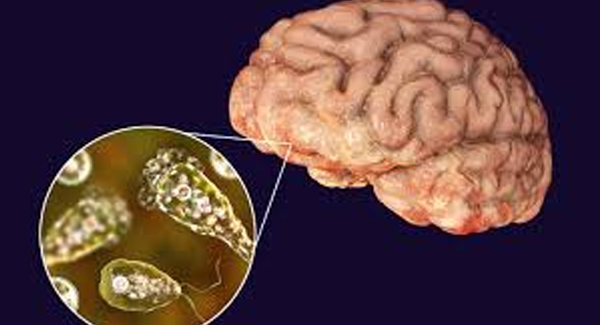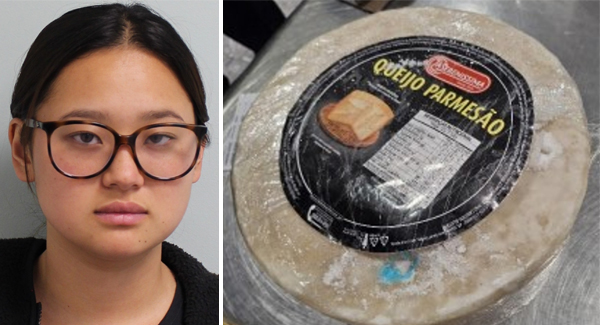A person in Missouri has been hospitalized after contracting a brain-eating amoeba, possibly after water skiing in the Lake of the Ozarks, state health officials said Wednesday.
The patient, who was not identified, is being treated in an intensive care unit for a confirmed Naegleria fowleri amoeba infection, the Missouri Department of Health and Senior Services said. Public health officials are still investigating the source of the infection, but the health department said the patient became ill days after they were at the lake.
There are two public beaches open to visitors at the Lake of the Ozarks State Park, according to the park’s website. The health department did not specify which beach the patient had gone to.
The infection, known as primary amebic meningoencephalitis, or PAM, is uncommon, according to health officials, even though the Naegleria fowleri organism is prevalent in warm freshwater. According to the Centers for Disease Control and Prevention, it happens when water is driven up the nose and has the ability to enter the brain. This can happen when engaging in recreational freshwater activities.

Between 1962 and 2024, there have been 167 reported cases of PAM in the United States, the Missouri Department of Health and Senior Services said.
Jaysen Carr, 12, passed away in South Carolina last month as a result of an infection. According to the South Carolina Department of Public Health, it was the state’s first recorded case since 2016. In a subsequent public statement regarding their son’s passing, Jaysen Carr’s family stated that they “do not want this to happen to anyone else.”
The CDC advises keeping your head above water in hot springs or holding your nose or using a nose clip if you are jumping or diving into freshwater to lower your risk of illness. A strong headache, stiff neck, nausea, vomiting, fever, convulsions, changed mental state, and hallucinations are all indicators of an infection.
You cannot get a Naegleria fowleri infection from swallowing contaminated water or from someone else who is infected.


